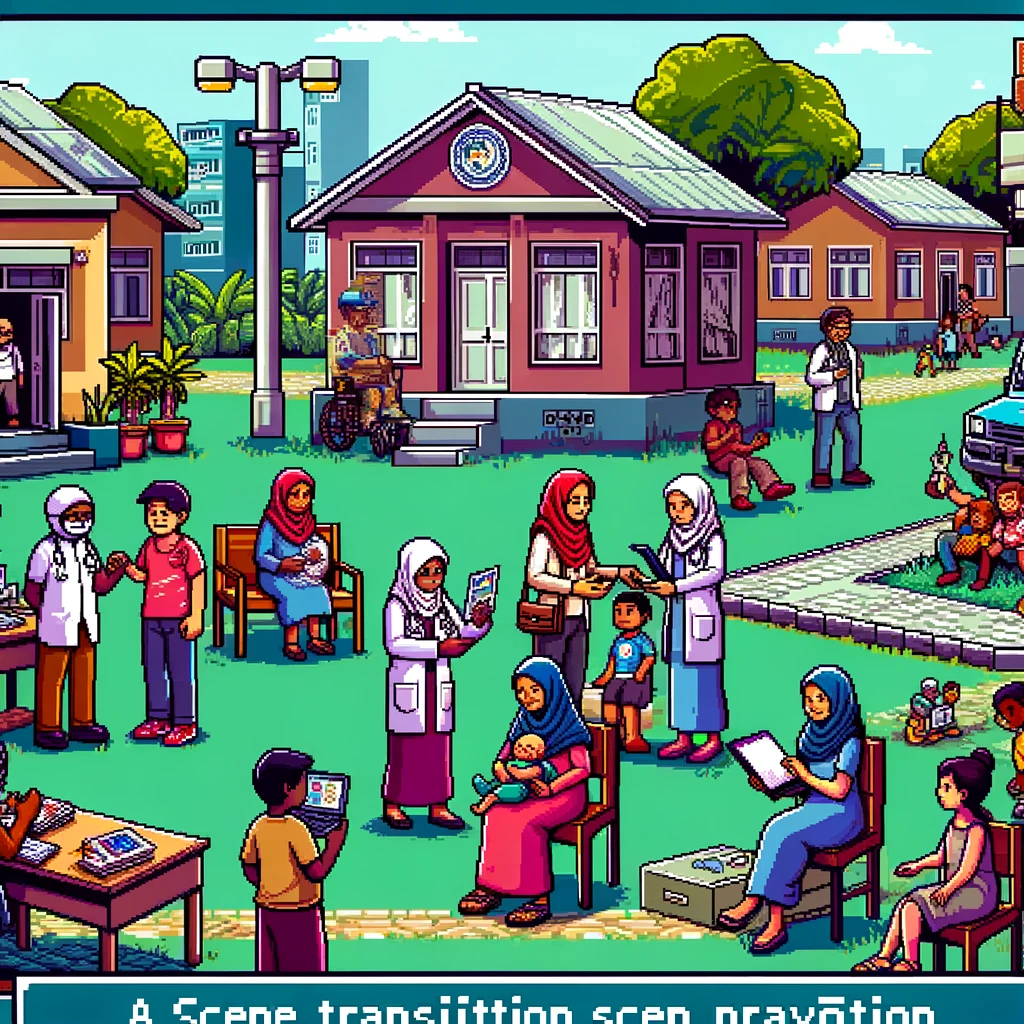
A Look into CHW Effectiveness
Community health workers (CHWs) are emerging as linchpins in establishing robust healthcare systems worldwide, particularly in underserved communities. As we dive into the document titled “Community Health Workers: Evidence of Their Effectiveness“, it’s crucial to understand the broad spectrum of their impact, from improving patient outcomes to reducing healthcare costs.
Bridging the Gap: CHWs at the Frontlines
CHWs possess unique clinical knowledge and deep-rooted community ties, making them invaluable in bridging the gap between healthcare providers and the community. Through their lived experiences, CHWs are adept at addressing social and behavioral determinants of health, thereby tailoring healthcare solutions that are culturally sensitive and accessible.
The Rising Trend of Evidence-based CHW Interventions
Over the past five decades, the research spotlight on CHW-led interventions has brightened significantly. Studies demonstrate CHWs’ effectiveness in various settings, dealing with chronic diseases, mental health, and more. Notably, their interventions have shown promising results in diabetes management, mental health improvements, and even reducing hospital readmission rates.
Cost-effectiveness: A Win-Win for Public Health
One of the most compelling arguments for integrating CHWs into the healthcare system is their cost-effectiveness. Various studies cited in the document reveal significant reductions in healthcare costs post-intervention, with some programs witnessing a return on investment (ROI) as high as $11.20 for every $1 spent on CHW training.
Such statistics highlight the human impact of CHW programs and their economic viability.
Chronic Disease Management and Care
CHWs have marked their territory as effective agents in managing chronic diseases. Interventions targeting diabetes, cardiovascular diseases, and even complex multi-disease cases have improved patient health outcomes and self-management capabilities. Particularly in underserved communities, CHWs play a pivotal role in educating, motivating, and providing continuous support to individuals coping with chronic conditions.
Success Stories in Rural and Vulnerable Populations
The document presents several case studies where CHWs have made a significant impact in rural settings and among vulnerable populations. From improving asthma knowledge and management among school children to reducing cancer disparities among American Indians, CHWs have proven their worth across various health domains and demographics.
The Way Forward for Public Health Practitioners
As we navigate towards more inclusive and effective healthcare systems, the role of CHWs cannot be overstated. Public health practitioners must advocate for and implement evidence-based CHW programs, recognizing their potential to transform individual and community health landscapes. Continuous research and policy support are imperative to sustain and scale these initiatives.
CHWs have had a transformative impact on healthcare delivery and outcomes. Their ability to bridge healthcare gaps and the economic benefits they bring make them an indispensable asset in the journey toward universal healthcare. For public health practitioners, embracing and advocating for CHW programs is a step towards a healthier, more equitable future.
Be the Health Change-Maker – Get Informed Weekly!
Step into the role of a public health change-maker with ‘This Week in Public Health.’ Each issue brings you closer to the heartbeat of community health, innovative research, and advocacy. It’s more than news; it’s a platform for transformation. Subscribe for free and join a community of informed individuals driving positive change in public health every week!



